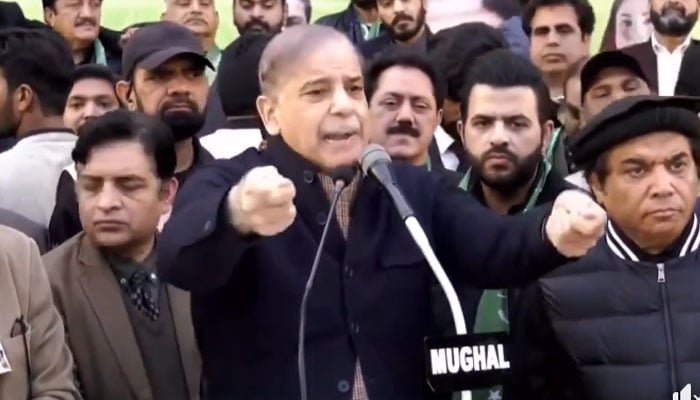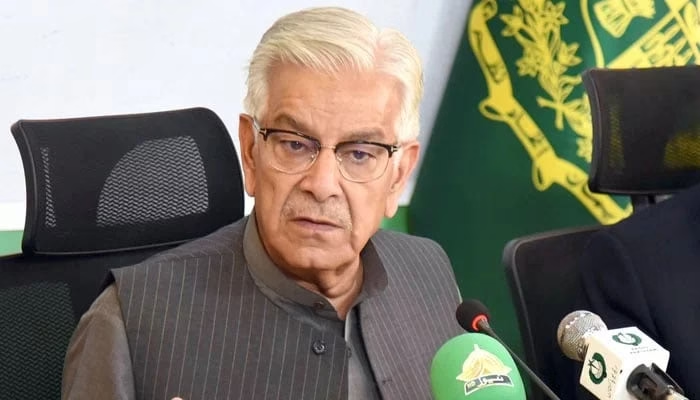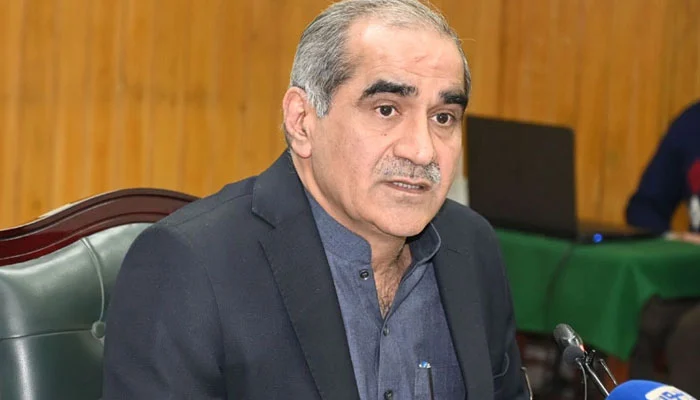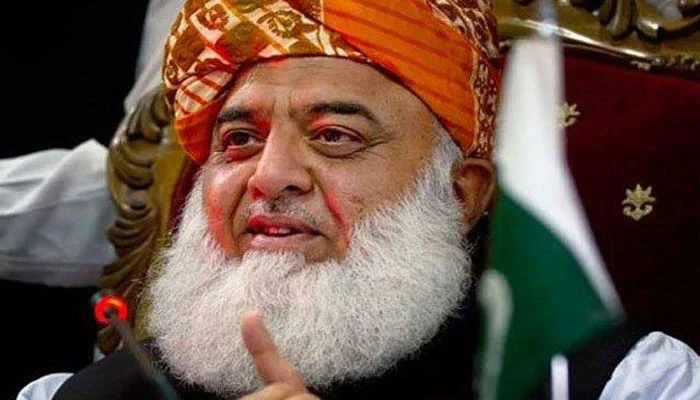In a notable political development, Shahbaz Sharif, the President of the Pakistan Muslim League-Nawaz (PML-N), has conditionally accepted the challenge for a debate with Bilawal Bhutto Zardari, chairman of the Pakistan Peoples Party (PPP), regarding the performance and services of Nawaz Sharif. This announcement was made during a speech at Liaquat Bagh in Rawalpindi.
Shahbaz Sharif revealed that a political leader expressed the desire to engage in a debate with Nawaz Sharif, proposing to assess his accomplishments and failures in the province. Shahbaz Sharif agreed to the proposition, and the debate is contingent upon Bilawal Bhutto Zardari conducting an examination of Nawaz Sharif’s service delivery in his province. The decision regarding this challenge is expected to be made on February 8, where the focus will be on evaluating contributions and uncovering any shortcomings.
During his address, Shahbaz Sharif emphasized the substantial healthcare contributions made by Nawaz Sharif in Punjab. He highlighted the provision of free medicines in hospitals and challenged the Pakistan Tehreek-e-Insaf (PTI) government to showcase similar achievements. Shahbaz Sharif underscored the need for Nawaz Sharif to be reinstated as the Prime Minister of Pakistan, pledging to serve as his loyal servant.
Furthermore, Shahbaz Sharif criticized the opposition to Nawaz Sharif’s Metro Bus project, asserting that the promises made at Liaquat Bagh were fulfilled, evidenced by the success of the Metro Bus system. He argued that the project has connected people from all walks of life, making it a popular and accessible mode of transportation. Shahbaz Sharif took the opportunity to launch a counter-narrative against those opposing Nawaz Sharif’s projects, claiming that singing praises of these initiatives would lead to positive outcomes.
Shahbaz Sharif’s acceptance of the debate challenge adds an intriguing dimension to the political landscape, creating anticipation for a critical assessment of Nawaz Sharif’s service record. The proposed debate aims to delve into the specifics of governance, allowing for a comprehensive evaluation of political legacies and promises.



